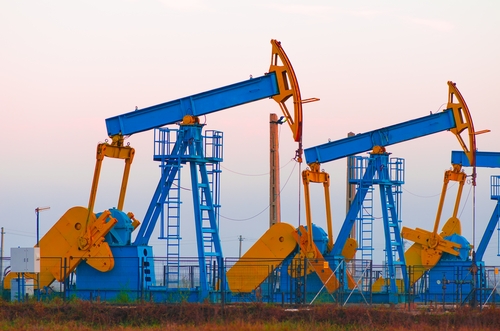
At the end of last year, the price of oil and natural gas dropped dramatically, thanks to increased domestic production and stagnating demand from Europe and Asia. Previously standing at more than $100 per barrel, oil now costs less than $50 per barrel — a six-year low. By extension, electricity prices have also fallen, especially in areas where coal-fired plants have been replaced with new natural gas generation facilities.
Cheap energy has benefited a number of American businesses, and it is worth asking: will data center operators find a way to take advantage of these cost savings?
According to a recent article in Data Center Dynamics, it's certainly a possibility. Data centers are major energy consumers, even after one takes into account the many efforts that operators have made to boost efficiency over the years. When it comes time to open a new center or relocate an existing one, it makes sense to assume that operators will investigate possible areas where energy costs are particularly affordable.
It is also possible that demand for data centers will have an effect on the politics of energy transportation. For example, states in New England tend to experience higher electricity costs than the rest of the country. However, numerous cities in New England, such as Boston and Cambridge, are experiencing rapid growth in their high-tech economies. Demand for data centers may end up contributing to the push toward more local, commercial distribution gas pipelines to ease the shortage.
It is impossible to talk about data center facilities without also talking about energy. Managers and operators must remain well informed on energy availability and pricing trends and develop strategies that can take advantage of changing market conditions. Data center developers should place market volatility into their development plans and make allowances for "energy agility" as they plan their investments.

